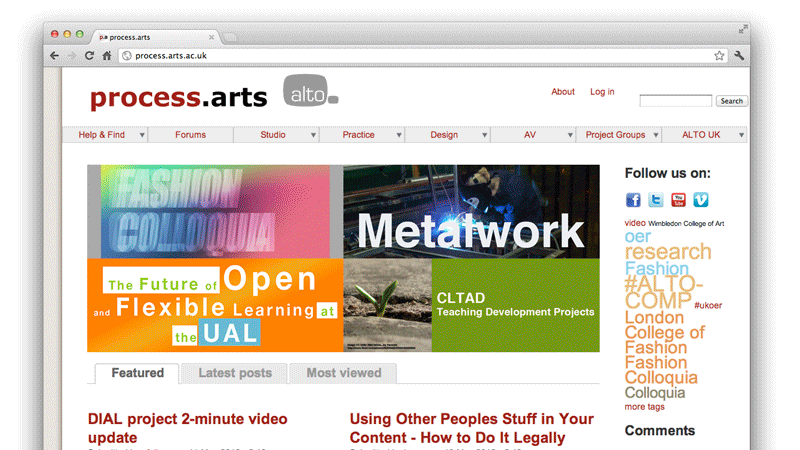This topic is set up to discuss in general the website http://dlls.adamprocter.co.uk - each section of that site also has embedded comments so you can use those topics if you wish to discuss a section in detail.
Thanks Adam! I wanted to question this bit:
Systems such as Blackboard, Moodle, Canvas and others are built around features designed to support the administrative needs of an institution and designed to simulate paper.
Unless you have a source to cite, this feels like somewhat of an assertion? I know from experience with Moodle and Canvas that they were explicitly not trying to replicate the experience of paper. I can’t guarantee the same for Blackboard, but I’d be interested in your reasoning!
You seem to quote Ted Nelson and what they tried to achieve at Xerox PARC in support of your assertion, but I don’t think that works - unless you can tie his work to that of the three LMS providers you mention?
This is designed to provoke for sure and there is (some) more detail in the section The Problem with “Blackboard”
I make reference to Audrey Watters talk from 2014 in a blog post here as well.
The LMS, the VLE, is a piece of administrative software — there’s that word “management” in there that sort of gives it away for us in the US at least — software that purports to address questions about teaching and learning but often circumscribing pedagogical possibilities. You can see its Dot Com roots too in the VLE functionality and in its interface. I mean, some VLEs still look like software from the year 2000! The VLE acts as an Internet portal to the student information system, and much like the old portals of the Dot Com era, much like AOL for example, it cautions you when you try to venture outside of it.
The connection to Ted Nelson is that these systems specifically Blackboard follow the path of User Experience dictated by Xerox and a specific history of the User Interface. The dot.com boom brought about Blackboard and although it is fair to say perhaps Moodle indeed had a more constructivist approach in its inception it was and is still I would argue the wrong paradigm, that of files and folders, that which is based on recreating the office environment. Having used numerous systems in Art & Design Higher Education like these they indeed feel much more like administrative tools, I am specifically arguing that within design education there could be another way for the VLE/LMS. Starting with looking at the studio and experiential teaching, not the ability to package students into cohorts, classes or other administrative driven tasks, these are byproducts.
If you stack a set of screens shots of the LMS’s together you see they all work on the same premise. Drilling into folders a mere repository for the information. I will attempt to argue in the section on Spatial Interfaces there maybe another way now.

Ensuring this is better understood is very valid and you make a solid comment.
Thanks Adam! Good stuff - I’d suggest you include what you added here in your reply to the body of your work itself. 